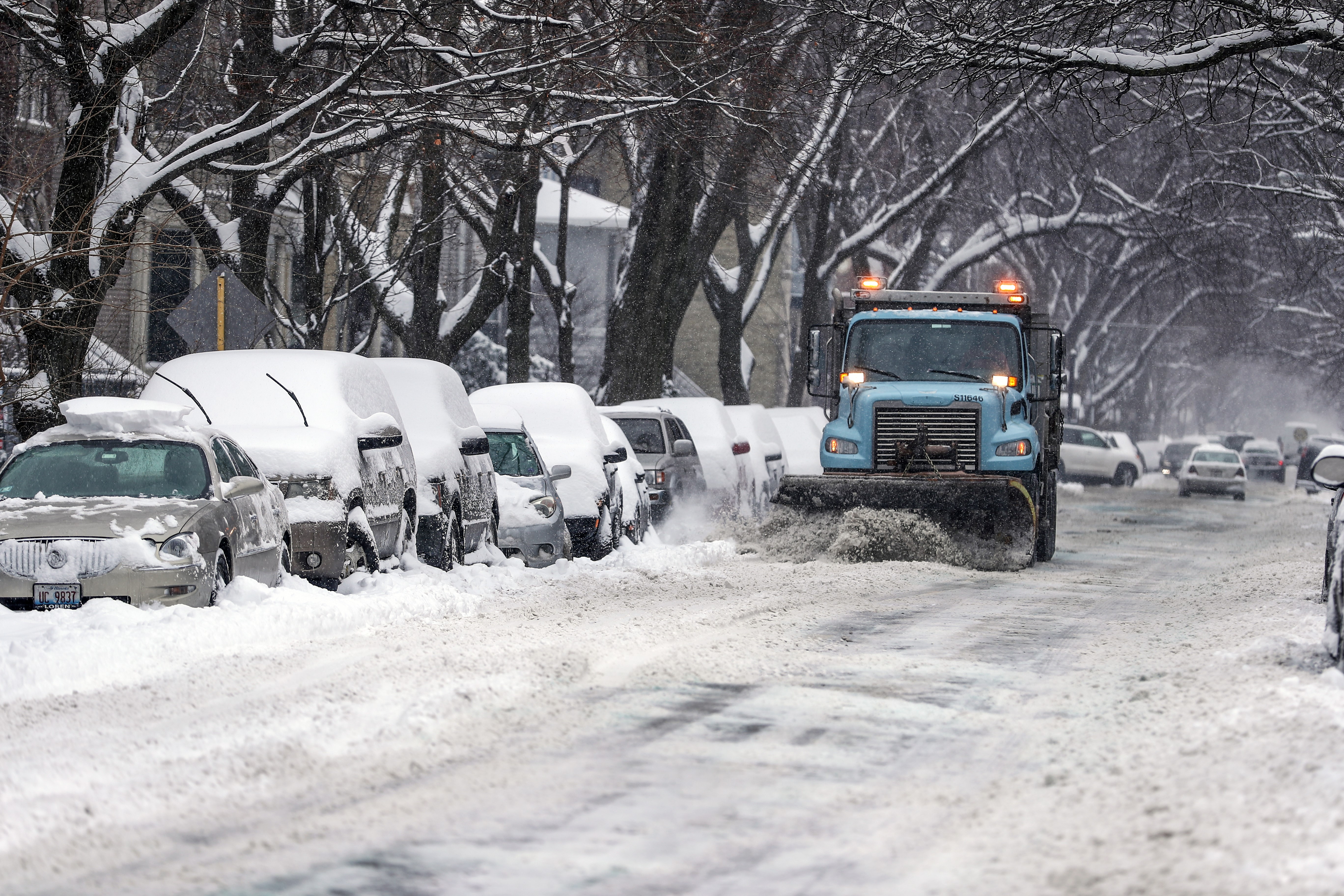
COVID cases and hospitalizations are on the rise in parts of the Chicago area as some experts report a “mini-surge” just ahead of the start of the new school year. But how worrisome is the climb?
Following a recent rise in COVID cases and hospitalizations across the Chicago area, concerns have surfaced about a possible surge in the fall -- a time when respiratory viruses have historically peaked. While the COVID vaccines that are currently available still help prevent severe disease and death, boosters haven't been updated in months.
What’s in use now are combination shots from Pfizer and Moderna that mix the original strain with protection against last year’s most common omicron variants, called BA.4 and BA.5. But just 17% of Americans rolled up their sleeves for a combo booster.
As the fall approaches, vaccine manufacturers are working on updating boosters to target XBB variants, though approval for specific shots hasn't been given.
The Centers for Disease Control and Prevention also has yet to release booster guidance for the fall. In June, the Food and Drug Administration said the next round of COVID shots in the U.S. should only include protection against XBB variants, which are dominant worldwide.
The FDA’s Vaccines and Related Biological Products Advisory Committee recommended that the vaccine composition be updated to a monovalent COVID-19 vaccine, with its members expressing a preference for the XBB.1.5 strain.
Vaccine makers said during the meeting in mid-June that updated vaccines could be available to the public within months, depending on the strain. Just weeks later, Pfizer announced that it submitted applications to the FDA for an adapted vaccine, designed to specifically target XBB.1.5. As of Monday, the drugmaker was still waiting approval.
Moderna also has yet to receive the go-ahead for its updated COVID vaccine after submitting approval that same month. While it had been long expected that boosters would be rolled out some time in September, it remains unclear if that will be the case.
Local
The new CDC director, Dr. Mandy Cohen, told NPR that she anticipates a new COVID booster will be available in early October.
"There are manufacturers of vaccines that are undergoing that process right now," Cohen said, when asked if a new booster targeting the latest variant will be rolled out in the fall. "The FDA experts, as well as experts here at CDC, still have their work to do..."
Feeling out of the loop? We'll catch you up on the Chicago news you need to know. Sign up for the weekly Chicago Catch-Up newsletter.
While infections had declined as of June, the virus could be a real concern in the winter, FDA’s vaccine chief Dr. Peter Marks said during a meeting that month.
“We’re concerned that we may have another wave of COVID-19 during a time when the virus has further evolved, immunity of the population has waned further, and we move indoors for wintertime,” he said at the time.
And while the FDA did allow seniors and others at high risk to get an extra booster dose this spring, most people will be many months beyond their last shot by fall. Protection gradually wanes over time and was short-lived against milder infection even before the virus, inevitably, evolved again.
For now, some doctors advise to wait it out if you've received the bivalent booster -- but be on the lookout for another one in the fall.
"There's still pretty good protection right now with the bivalent vaccine, and people that have it are far less likely to get serious illness than those who haven't," said Dr. Mark Loafman, assistant chair of Family and Community Medicine at Cook County Health.
But if you haven't received an updated vaccine, you should get the bivalent booster in the meantime.
"If you've never had a bivalent booster, get it," the doctor urged. "If you've never had a COVID vaccine, get one bivalent booster, and you're going to be good."
And if you're still skeptical about getting vaccinated -- he suggests that you reconsider.
"...I think, rethink it, rethink where you are, and some of the concerns that people had early on were understandable," Loafman said. "We're way past that now. We can hopefully avoid any any restrictions or any fears and some of the serious loss of life. So reconsider vaccines, and just keep a mask handy."



